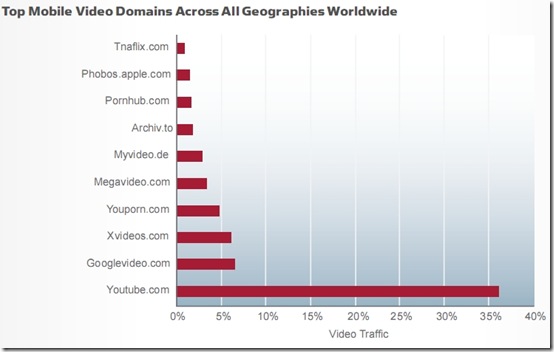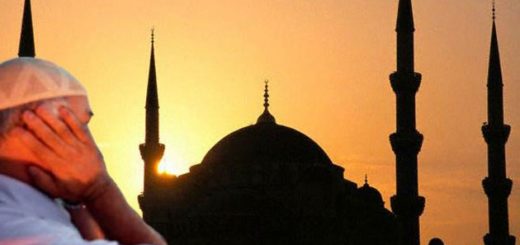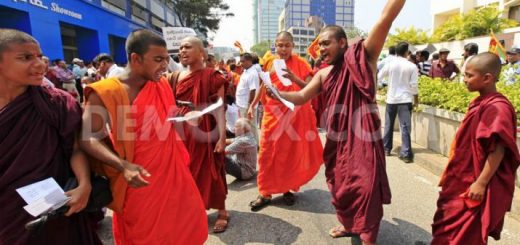Religious leaders on banning porn sites – some agree, but others say restrictions a dangerous trend’.

(UCAN) Religious leaders in India have welcomed a government move to ban pornographic websites, but some also caution against a blanket ban that they say intrudes on personal freedom.
The free and uncontrolled access to pornographic sites has done irreparable damage to young people; hence, banning offending websites is a move in the right direction, said Father Joseph Chinayyan, deputy secretary general of the Indian Catholic bishops' conference.
Conversely, Samuel Jayakumar of the National Council of Churches in India, a forum of Protestant and Orthodox Churches and their related organizations, said the move to ban sites is an encroachment on the personal lives of people.
“Any kind of porn is not good but this is a dangerous trend where the government wants to regulate everything. This is like dictatorship,” he added.
Father Paul Thelakkat, spokesperson of the Syro-Malabar Church, said government control on any form of expression would amount to chaos and a totalitarian state.
“The church will continue to fight against any form of evil like watching porn sites. But banning a site would not resolve the problem. In fact we should refrain from watching such sites,” he said.
The debate about the ban on the pornographic sites started after the federal telecommunications ministry Aug. 2 ordered Internet service providers to block 857 sites showing adult sex content.
This become controversial in social media discussions, with many accusing the Hindu nationalist federal government of being “conservative” and “prudish.”
The government later clarified its position, telling the Supreme Court Aug. 10 that it wanted to ban only websites showing child pornography.
Some believe this may prove difficult to implement.
Swami Agnivesh, a Hindu religious leader and social activist, told ucanews.com that Internet providers had told the government that there is no mechanism to separate child porn sites from adult ones. “So it is a question for the government to have them or ban them completely,” he said.
“If the choice is between allowing and disallowing the sites, then they should not be permitted as such content is detrimental to a country like India with deep cultural and traditional values,” he said.
Mohammad Junaid Khan, coordinator of the interfaith forum Minhaj-ul-Quran, told ucanews.com that pornography is not something to be promoted.
Khan said the Internet does not differentiate between a child or an adult watching pornography. So unless Internet service providers can regulate access, he said, the government's original ban was justified.
Charlie Paul, a church lay leader and lawyer, said that some form of restrictions is necessary, particularly for child pornography websites.
"We should not misuse our freedom in the name of fundamental rights," he said.
Capuchin Father Xavier Vadakkekara said judging from his experience counseling clients, he knows "how dangerous and painful” addiction to Internet pornography can be.
"I'm no expert on technology. But there should be some check to the growing cult of pornography," he said.
The Hindustan Times English language daily, citing data from one of the world’s largest porn content providers, said Indians accounted for 40 percent of its 14.2 billion visits.
Watching porn is not illegal in India, although the sale and distribution of pornographic material is.
Source: UCAN
















